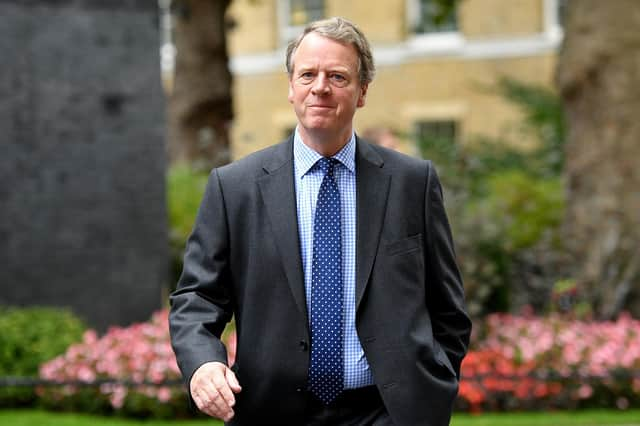Scottish independence: Nationalists should consider a 'super-majority' in any second referendum – Scotsman comment


Apparently opinion polls showing 60 per cent support – over a “reasonably long period” – for holding Indyref2 could be enough for Westminster to be persuaded.
Nicola Sturgeon dismissed the Scottish Secretary’s pre-condition, arguing her government had a mandate for a fresh vote as a consequence of May’s Holyrood election.
Advertisement
Hide AdAdvertisement
Hide AdHowever, after the 2014 referendum, senior SNP sources briefed that support for independence would have to hit 60 per cent for more than a year before they would try again.
If anything, this is a higher threshold than Jack’s as some unionists may be willing to take the risk in the hope that a second victory would finally put the ‘neverendum’ to bed.
Such talk raises another question: is it right that independence should be settled in the same way as Brexit with only a simple majority required?
Some would argue that major constitutional changes that fundamentally alter the ground-rules of our democracy – and there is no greater one than creating a new country – should require a super-majority, one that demonstrates the change is the “settled will” of the people.
This could be set at 60 per cent – less than the proportion of Scottish voters who wanted to remain in the EU – or perhaps 66 per cent, which would mean twice the number of voters had backed independence than opposed it.
Unionists may latch onto this argument because it would make independence more difficult to achieve. However, there are attractions for nationalists.
The rancour over Brexit – truncated by Covid – shows what happens when a narrow referendum leads to fundamental change. The general mood of celebration following the 1997 referendum on devolution – won by 74 per cent to 25 – shows what happens when there is a clear majority. Today few in Scotland question the existence of the Scottish Parliament.
An independent Scotland born from a vote decided by the narrowest of majorities could prove to be a dangerously sickly child in an unfamiliar world. Better to be a nation united and with a clear sense of itself – or not at all.
A message from the Editor:
Thank you for reading this article. We're more reliant on your support than ever as the shift in consumer habits brought about by coronavirus impacts our advertisers.
If you haven't already, please consider supporting our trusted, fact-checked journalism by taking out a digital subscription.
Comments
Want to join the conversation? Please or to comment on this article.
